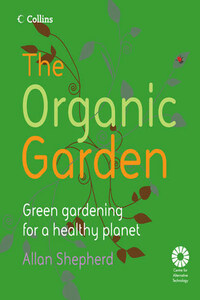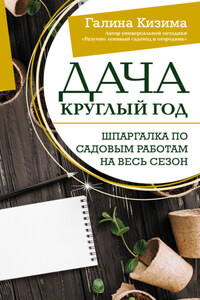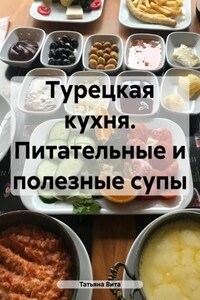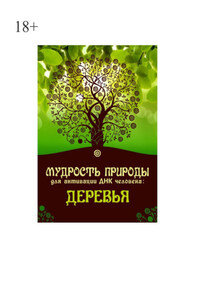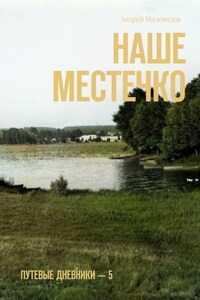Picture the scene. I’m standing in a Weld halfway up a Welsh hillside knee-deep in slug-infested cabbages. As I bend down to pick another slimy gastropod off a brassica leaf I notice a tousled blond figure waving at me. Even with 30 metres between us I can see that my guest has four undone shirt buttons beneath the collar. It’s not my lucky day. It’s only my landlord, rock legend Robert Plant, come to pick up some basil. It can’t get much more surreal than this, I think to myself, as I wander over to shake his hand, self-consciously wiping the slime trails off my fingers as I go. Here I am, organic market gardener and tenant farmer to the man who wrote ‘Stairway to Heaven’ and ‘Whole Lotta Love’. I’m standing in his field, the sun is shining and right at that moment I’m having the time of my life. I am not worthy.
Some days, the sunny ones mainly, it was a bohemian rural idyll. We had discussions about politics as we dug. Friendships were made and one or two great romances forged.
When I met Robert Plant ten years ago I was living out a good-life fantasy. A couple of friends and I farmed a rough bit of high-altitude sheep Weld, not at all what you’d imagine as a ‘good’ place to grow vegetables. We had a Rotavator that didn’t work and a wonky-wheeled cliché of a car – a traditional French peasant’s 2CV (apparently they were designed to carry so many dozens of eggs down a French farm track) – that broke down halfway through the season.
A hundred and one things that could go wrong did go wrong. We lost plants, money and one of our rabbit-catching cats. Not deceased, just debunked to a nearby farmhouse. By rights we shouldn’t have survived more than a few weeks. But we did. And we actually managed to grow vegetables. Even with minimal experience we delivered a weekly box of vegetables to 50 families within a 30-kilometre radius.
My friends and I used to play a game we called fantasy farming. We’d see some neglected corner of a farm and plan grand schemes of orchards, organic smallholdings and market gardens. We were disillusioned with mainstream agriculture and thought we could do better. For a brief period in 1996, at Robert’s place, we did.
We transformed a barren sheep field into a productive vegetable patch and enriched the lives of hundreds of people. Folks came to visit from all over Britain. Some came for a few hours. Others stayed for days. We had wonderful picnics of fresh salads and homemade elderflower wine. People brought musical instruments and played homemade songs (though never Robert, unfortunately). Our friend Kevin built a gardener’s shed out of straw bales and lime plaster – one of the first of its type in Britain. We sat in it on rainy days dunking bakery doughnuts in tea.
Some days, the sunny ones mainly, it was a bohemian rural idyll. We had discussions about politics as we dug. Friendships were made and one or two great romances forged. There was plenty of heartache – and arguments too. It was the stuff of life.
The garden was even featured in the Lily Savage programme Life Swaps on BBC2. Jenny and Roxanne, the two women who started the garden and did most of the hard work setting it up, lived in an automated house of the future for a week while their swappees came to work on the field. My favourite line from the resulting TV programme came as one of the participants berated the vegetables: ‘Why are you so slow?’
At the risk of sounding like someone who has never quite got over his first love, I haven’t experienced the same feeling of contentment and connection to a piece of land since. Before I worked there I never imagined that gardening could bring together so many elements of life. Even when it rained, when the water soaked through our waterproofs to our skin, when the wind blew the clouds over us like dandelion seeds in a storm, it was still the best. And we got to sell basil to a rock god. Party on, dude.
Now go back another twelve years. It’s 1984. I’ve never heard of Robert Plant. I’m on a bus back from Lincoln, having just experienced my first fast-food-induced food poisoning. I don’t know why I’m ill. I’m an ignorant fourteen-year-old. A teenager obsessed by the Golden Arches. I’m fat and furious. I live in the middle of nowhere and every time I go near a city I have to get my fix. I’m part of the emerging culture of obesity. A trendsetter. Ahead of my time. I’m the only fatty in the village.
